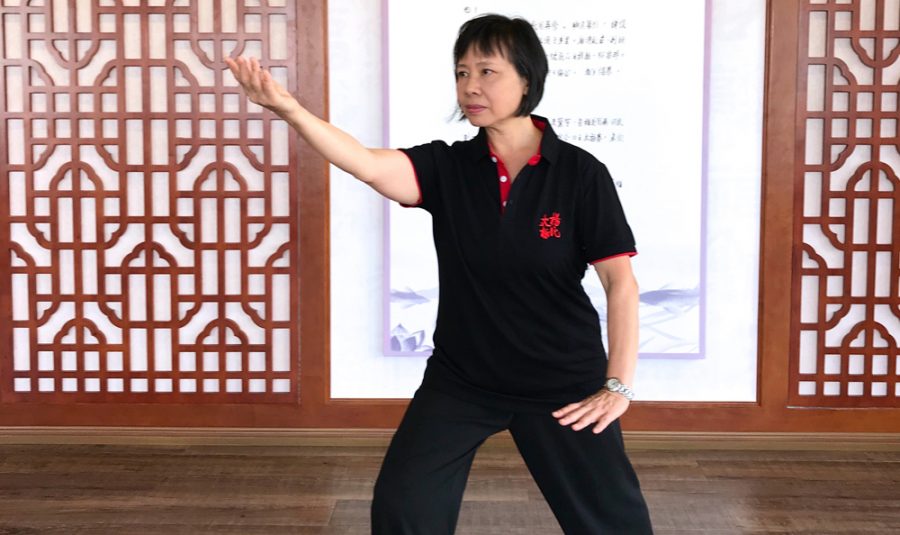Stress is an inevitable part of life, and college is no exception. However, Blair School of Music offers weekly Tai Chi classes that aim to reduce the physical manifestations of this stress.
Every Thursday, Osher Center for Integrative Medicine instructor Cindy Hui-Lio teaches MWEL 1140, or “Tai Chi for Musicians,” a holistic, one hour credit course that is open to all undergraduate students, and promotes mindfulness, as well as proper practice of anatomical movement.
“Musicians who practice a lot are susceptible to over-use injuries and stress-related tensions,” Senior Associate Dean of Blair’s Precollege and Adult Program Pam Schneller said. “And because music is an intensely physical act, like any exercise regimen, it is easy to pick up bad or ineffective physical movements.”
According to Schneller, one of the goals of the course is to equip students with the knowledge and skills to prevent the development of these types of habits and injuries. Students’ positive experiences have reflected these objectives.
“I was drawn to the idea of learning Tai Chi, while improving my musicianship,” violinist Juliet Kim said. “And overall, I feel that the class has made me a more conscious musician by strengthening my mind-body connection, and encouraging me to more deeply consider all my movements while practicing.”
Other students have echoed Kim’s positive take on the course.
“Although the results of learning are not as rapid as a normal class, I already sense an ease of tension and stress throughout my body from Tai Chi,” trumpet player Jeffrey Keever said. “My practice time has also become more efficient, as I am able to stay focused and energized for longer periods of time during each session.”
Despite its musical focus, enrollment in the class is open to all undergraduate students, and promotes the applicability of Tai Chi practices in everyday life. In fact, Kim and Keever both noted that a number of their peers in the course are non-musicians, and some even student-athletes.
“Because non-musicians’ opinions and experiences differ from those to which we are typically exposed, they have contributed to the class by helping us to adapt how we move and perform, and by bringing alternative, refreshing perspectives to discussion,” Keever said.
Kim also recommended the course to non-musicians, citing its relevance to and value in daily life.
“Tai Chi teaches that movement isn’t merely a reflex, but a conscious thought, and I feel that any Vanderbilt student could benefit from these ideas,” Kim said.




